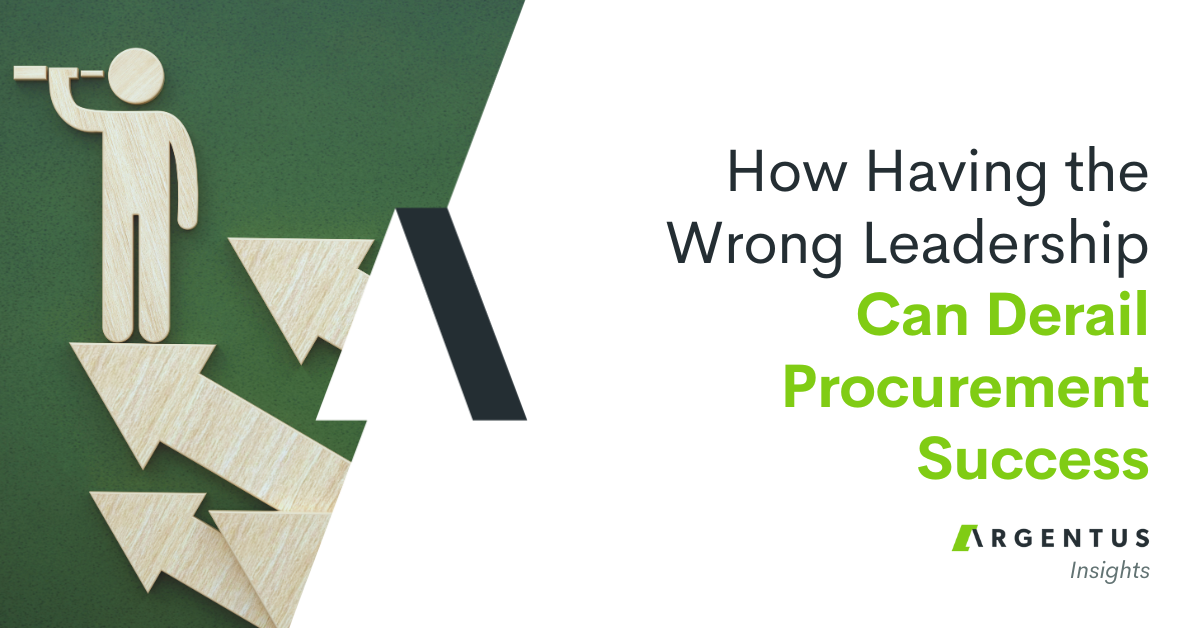Here’s why you no longer need to be a massive enterprise to gain the advantages of a nimble, strong Supply Chain.
Time was, Supply Chain Management – the process by which companies optimize the flow of goods and services from source to consumer – was viewed as a “big company game.” This was especially true before the maturity of digital solutions in the space. Smaller companies thought it was their lot to manage inventories, distribution, and procurement on an ad hoc basis. They’d rely on spreadsheets or software that wasn’t integrated with the wider organization’s data, leading to limited visibility, increased risk, extra cost and worse customer service.
Digital and strategic Supply Chain transformations were seen to be the province of massive companies with considerable IT and organizational resources to allocate – companies who, in other words, have Supply Chains that have grown to be so complex that they need to be more carefully managed. If you were in a smaller, growing company, the thinking was to deal with deeper Supply Chain considerations after the company grew – if at all.
But all that has changed. Now, companies of every size are realizing that a flexible, nimble Supply Chain operation isn’t just a “nice to have” – it’s a necessity. This is especially true for growing companies, who can sink their profitability as they expand without strong Supply Chain fundamentals in place – whether through product shortfalls, quality issues, controversies, or customer service snafus. Smaller companies in all manner of industries – consumer goods, food production, pharmaceutical, cannabis, services – have recognized that strong Procurement and Supply Chain Management is a strong strategic asset.
We’ve written before about the importance of Supply Chain Management for fast-growing companies. But what we’ve said there is true even if your company is on the small/medium side and not growing rapidly.
We recently came across an interesting article in industry publication Supply Chain Dive, titled: “Is Supply Chain Management a Big Company Game?” It offers perspectives from C-suite executives with organizations like APICS, Procurious, and Logility about what Supply Chain Management has to offer even for companies without massive existing networks.
To quote Abe Ashkenazi, the CEO of international educational organization APICS, “There are steps that businesses of all sizes can take to improve their Supply Chains. Start with strategies like benchmarking, setting achievable goals for inventory turns and on-time delivery, conducting root cause analysis, collaborating across departments and educating employees.”
New Technologies are Levelling the Playing Field for Smaller Companies
Supply Chain Dive quoted Cathy Morrow Roberson of research company Logistics Trends & Insights about the power of SaaS solutions for smaller companies – for functions like freight booking and warehousing on demand. Companies can adopt these solutions without costly upgrading processes. They can empower users to monitor and improve Supply Chain flow offsite using smartphones and tablets, all of which levels the playing field with larger companies – if you hire people with the expertise.
They also quoted Karin Bursa, the EVP of SCM software provider Logility, who said: “if your company inventories products, you have a Supply Chain. Whether you manage the inventory yourself or source goods, you have a Supply Chain. As your product and market channels grow, so does your Supply Chain complexity. What you must determine is do you trust your current planning processes and systems. Do they enable or hinder profitable growth?”
eProcurement and Automation are Producing Cost Savings – Even Without Massive Spend.
The rise of Supply Chain investment for smaller and mid-sized companies isn’t only for companies moving inventory. A recent article in Spend Matters explores how more small and mid-sized companies are using eProcurement solutions to help automate the strategic purchasing of products in all sorts of industries – for example financial services, insurance. More companies are adopting eProcurement and other Procurement automation solutions to improve their purchasing not just for raw materials, but for things like contingent labour, IT, legal services, facilities services – the more “indirect” spend that contributes a massive amount to a company’s bottom line.
In today’s Procurement marketplace, you don’t necessarily need to have a massive company spend to extract value from your relationships with suppliers – again, if you have people with the right skillset, and right systems in place.
The age of transactional, ad-hoc Supply Chain Management is in the past, no matter the size of the company. So if your organization isn’t building these Supply Chain fundamentals, ask, why not? And if you do have them in place, ask if they’re as strategic as they could be. ![]()




0 Comments